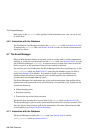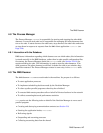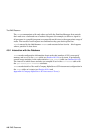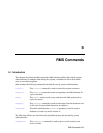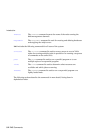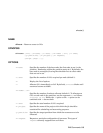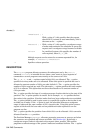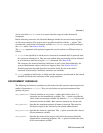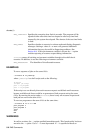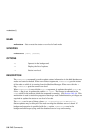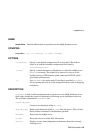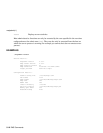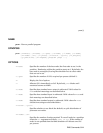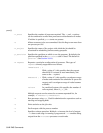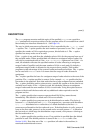allocate(1)
RMS_TIMELIMIT Specifies the execution time limit in seconds. The program will be
signaled either after this time has elapsed or after any time limit
imposed by the system has elapsed. The shorter of the two time limits
is used.
RMS_DEBUG Specifies whether to execute in verbose mode and display diagnostic
messages. Setting a value of 1 or more will generate additional
information that may be useful in diagnosing problems. (See
Section 9.6). If this environment variable is not set the -v option
enables reporting of resource request debug information.
allocate passes all existing environment variables through to the shell that it
executes. In addition, it sets the following environment variable:
RMS_RESOURCEID The identifier of the allocated resource.
EXAMPLES
To run a sequence of jobs on the same CPUs:
$ allocate -N 16 jobscript
where jobscript is a shell script such as the following:
#!/bin/sh
# simple job script
prun -n 16 program1
prun -n 16 program2
If the script was run directly then each resource request would block until resources
became available and there would be no guarantee of both requests using the same
CPUs. By running the script under allocate, there is only one resource request and
both jobs are run on the same CPUs.
To run two programs on the same CPUs at the same time:
$ allocate -N 16 -C 2 << EOF
prun program1 &
prun program2 &
rinfo
wait
EOF
WARNINGS
In earlier versions, the -i option specified immediate mode. This functionality has been
moved to the -I option. Use of -i is now deprecated. If -i is specified without an
5-6 RMS Commands



